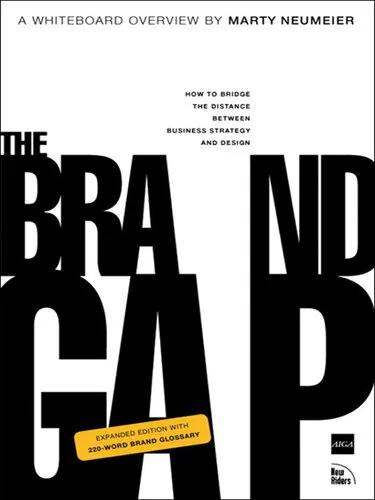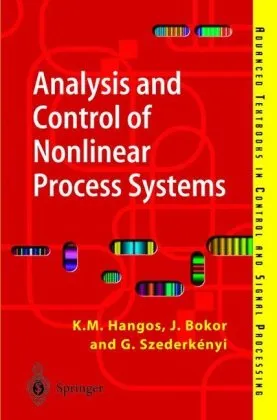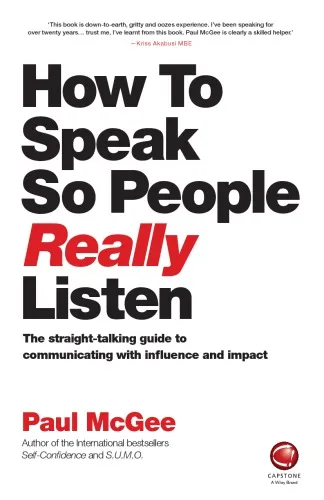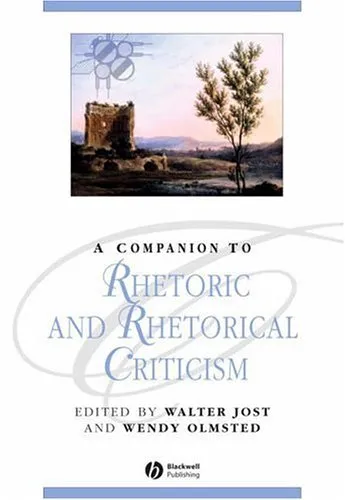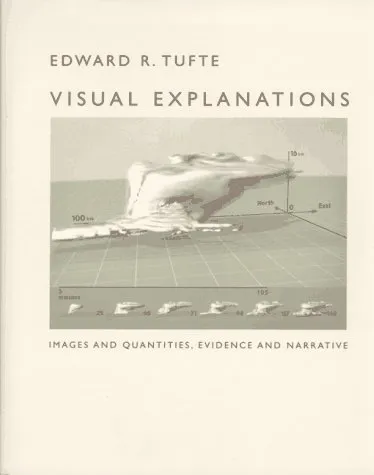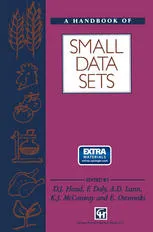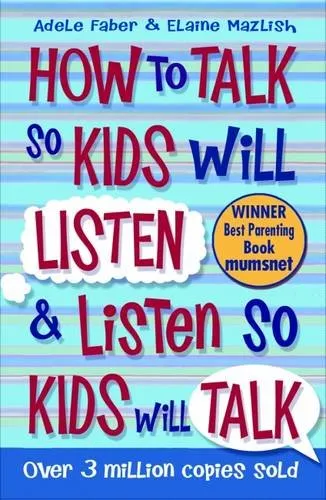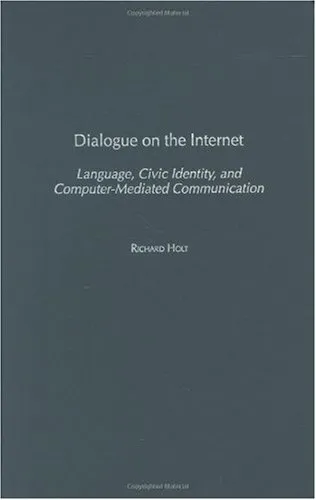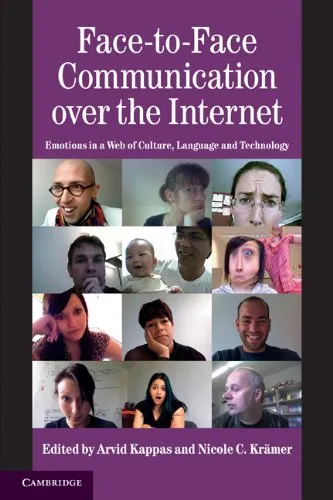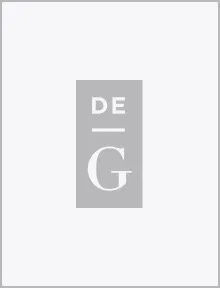An Analysis of the Language Processes of the Democratic Way of Life
3.5
Reviews from our users

You Can Ask your questions from this book's AI after Login
Each download or ask from book AI costs 2 points. To earn more free points, please visit the Points Guide Page and complete some valuable actions.Related Refrences:
Introduction to "An Analysis of the Language Processes of the Democratic Way of Life"
Language is at the heart of democracy, serving as both its medium and its message. "An Analysis of the Language Processes of the Democratic Way of Life" delves into the intricate dynamics of how language supports, challenges, and sustains democratic ideals. Written for scholars, thinkers, and everyday citizens alike, this book examines how the democratic process is inherently tied to the way individuals communicate, collaborate, and shape collective meaning.
The democratic way of life is not just a political concept—it is a cultural, social, and philosophical state of being rooted in principles of equality, freedom, and intellectual humility. However, these principles are heavily reliant on the processes of language, whether written, spoken, or symbolic. Language is the infrastructure upon which ideas are shared, decisions are made, and diverse voices are brought to the table. Throughout this book, I (Mildred P. Menge) aim to explore these concepts with depth, clarity, and precision, challenging readers to consider how their words and interpretations affect the society they inhabit.
Detailed Summary of the Book
The book is structured around a central thesis: language functions as both the foundation and the mechanism of democracy. Each chapter unpacks this idea, exploring language processes such as debate, persuasion, consensus-building, and dissent. The first section of the book lays the groundwork by examining historical examples where democratic language processes succeeded and failed, illustrating how pivotal communication is to the democratic ethos.
The middle sections focus on modern linguistic challenges. Topics include the effects of misinformation, polarization, and the breakdown of civil discourse. These discussions are framed within the context of how democratic societies can safeguard the integrity of their conversations while embracing diversity in voice and perspective. The final section proposes actionable solutions, emphasizing education, empathy, and critical thinking as tools to foster healthy linguistic practices in democratic contexts.
Through rigorous analysis and accessible prose, this book invites readers to question their assumptions about language and democracy and to engage intentionally with the words they use and consume.
Key Takeaways
- Language shapes and is shaped by the democratic process, influencing everything from policy debates to public opinion.
- Democratic discourse thrives on inclusivity, active listening, and constructive dissent, but it is constantly threatened by misinformation and echo chambers.
- A key element of a successful democracy is the cultivation of critical linguistic habits, such as fact-checking, clarity in expression, and respect for others' viewpoints.
- Education and media literacy are essential tools for safeguarding democratic language processes against manipulation or deterioration.
- Ultimately, each person's use of language can either reinforce or undermine the values of a democratic society.
Famous Quotes from the Book
"Democracy is a conversation—an eternal dialogue whose survival depends on our ability to listen as much as we speak."
"Language is both the glue that binds democratic societies and the fault line along which they fracture."
"In every word, there lies a choice: to build bridges of understanding or walls of division."
Why This Book Matters
In an era marked by political division, cultural fragmentation, and widespread misinformation, understanding the role of language in democratic life has never been more important. "An Analysis of the Language Processes of the Democratic Way of Life" is not just a theoretical exploration—it is a practical guide for anyone committed to building a more inclusive, resilient, and just society.
This book offers insights that are relevant to educators, policymakers, activists, and everyday citizens. In a world where the democratic process is increasingly tested, it serves as a reminder that the way we communicate can either uphold the values of freedom and equality or erode them. By engaging with the ideas in this book, readers will gain the tools necessary to become more effective participants in the democratic project, equipped to navigate both its challenges and its possibilities.
Ultimately, this book matters because democracy itself matters. It challenges readers to rethink their relationship with language and consider how the democratic way of life can thrive through intentional and accountable communication. The insights presented in this text aim to inspire not only intellectual growth but also meaningful action in pursuit of a stronger and more equitable world.
Free Direct Download
You Can Download this book after Login
Accessing books through legal platforms and public libraries not only supports the rights of authors and publishers but also contributes to the sustainability of reading culture. Before downloading, please take a moment to consider these options.
Find this book on other platforms:
WorldCat helps you find books in libraries worldwide.
See ratings, reviews, and discussions on Goodreads.
Find and buy rare or used books on AbeBooks.

